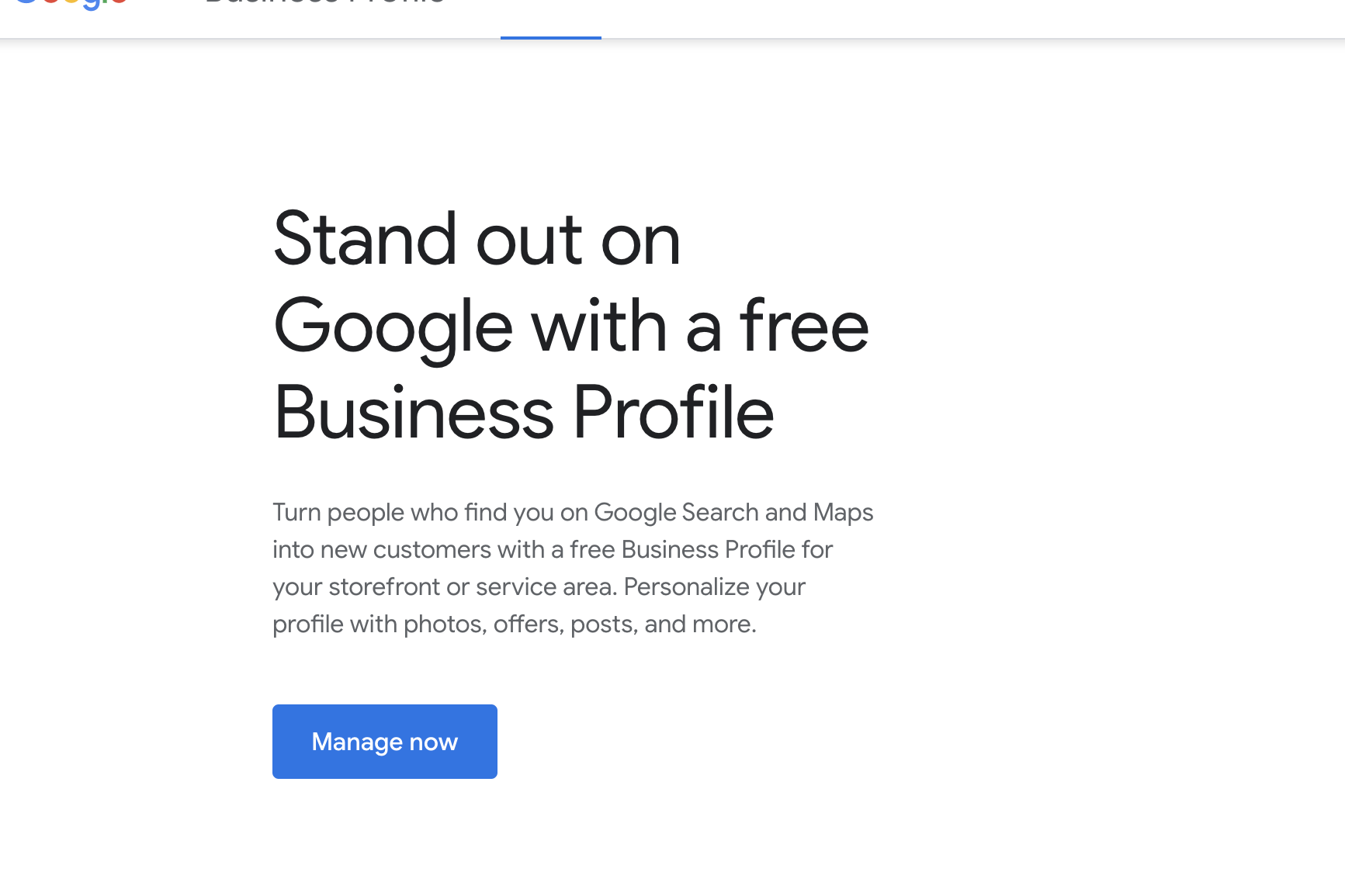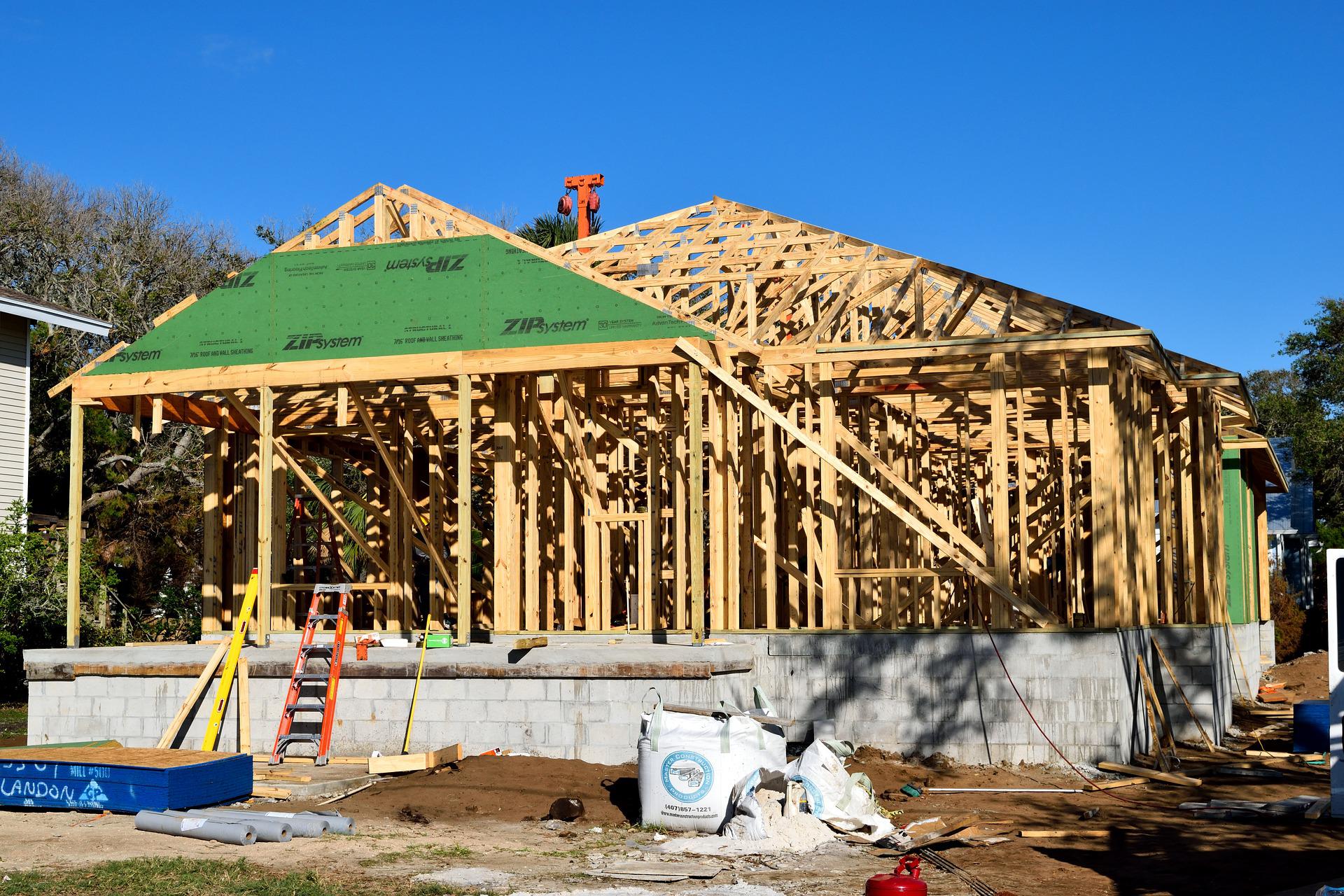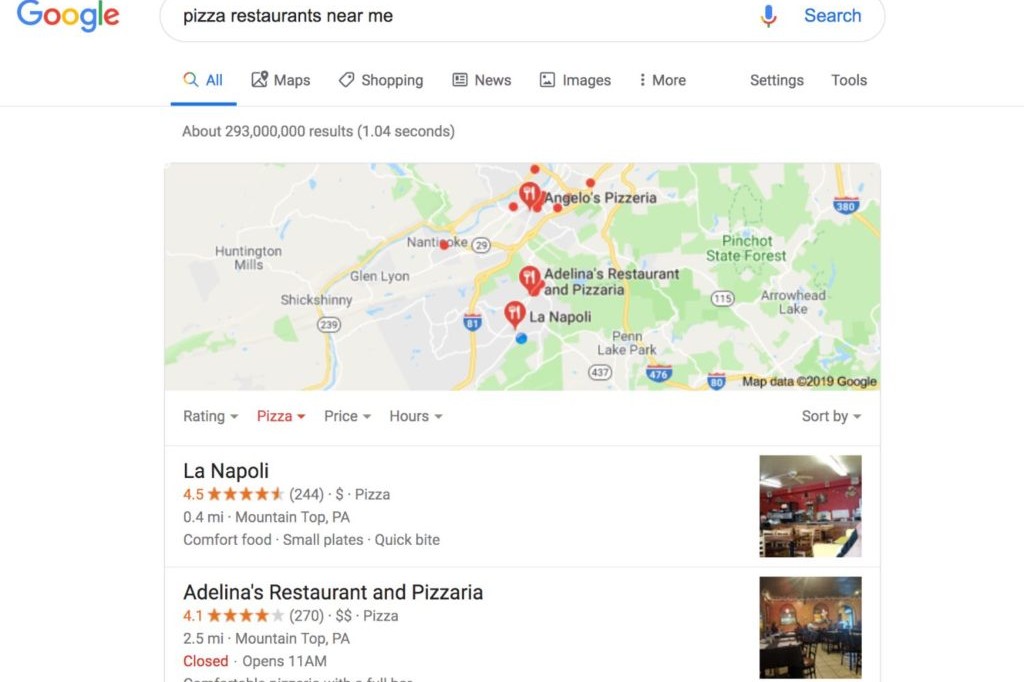As a business owner, you want customers knocking down your door and endlessly ringing your phone.
But in today’s digital world, a brightly lit “Open” sign and friendly face aren’t enough. That’s where local SEO strategies come into play. It’s no longer just about having a website loaded with localized content that engages and converts; it’s also about being found when people search local for businesses like yours in their area.
We all know the internet is drowning in content, but did you know a staggering 97% of people check out a business online before deciding to stop by?
That means before even setting foot in your store or office, potential clients are sizing you up based on your online presence. It’s 2024; the internet is our first impression.
Tapping into the Power of Google
When we talk online visibility, we’re mainly talking about Google. It controls over 92% of the search engine market. Statistica reports Google commands a whopping 86.86% of global search engine traffic, making it king.
And within this massive landscape, “local intent” reigns supreme. A recent study found 46% of Google searches are locally driven. Think about it; how many times have you Googled “best pizza near me” or “pest control near me”? That’s local intent in action.
Why Does Local SEO Matter So Much?
Local SEO strategies target those highly motivated local customers, putting your business directly in front of folks ready to buy. These searches mean business because WebFX research reveals that 80% of mobile local searches convert into offline sales.
So, if you’re not playing the local SEO game, you’re missing out on a huge chunk of potential customers and leaving money on the table. Prioritizing local SEO is one of the best ways to improve your SEO strategy this year.
The Building Blocks of a Successful Local SEO Campaign
1. Claim Your Google Business Profile
It’s not rocket science; it’s Google My Business. Your Google Business Profile acts like a beacon for search engines, telling Google what you offer and, crucially, where to find you.
However, a study shows a mere 56% of local businesses have bothered to claim this free marketing goldmine. Claim your Google Business Profile now, it’s that important.
2. Optimize Your Google Business Profile (GBP)
Once your GMB is up, make sure it’s dressed to impress. That means crafting compelling descriptions, adding photos, listing your hours, and responding to Google reviews, good and bad.
Customers crave interaction. Think of your GMB profile as your business profile on LinkedIn—keep it current and engaging. Did you know you can post directly to your GBP too? Consider sharing business updates, events, or even your holiday hours.
3. Master the Art of Local Keyword Research
Before you go shouting about your services from the virtual rooftops, it’s crucial to identify which relevant keywords resonate with your audience. For example, if you’re a construction company in Chicago targeting commercial clients, focusing on “commercial construction Chicago” as a Google keyword will get you more targeted leads than generic phrases like “construction services.”
Tools like Google Keyword Planner can be lifesavers in guiding you towards the right keywords. The Google Keyword Planner will also give you valuable data such as search volume and keyword difficulty.
4. Build High-Quality Local Citations
Think of local business citations as virtual endorsements. Each mention of your business’s name, address, and phone number (NAP) on credible websites strengthens your online credibility. Directories like Yelp and industry-specific listings are great, but don’t forget to court niche platforms relevant to your business.
Imagine a local bakery; being listed on a “Best Bakeries in [your city]” list could send hordes of pastry lovers your way. These citations help improve your local rankings within Google.
5. Get Customers Talking with Reviews
Let’s be real—people trust people. Think back on your own experiences; haven’t you consulted online reviews before booking a hotel, choosing a restaurant, or trying that new coffee spot? The stats bear this out: a whopping 95% of consumers check online reviews before even thinking about making a purchase.
So, make asking for reviews part of your routine. It’s the most authentic marketing you can have. Encourage customers to leave reviews on your Google Business Profile, as well as on other industry-relevant sites.
6. Become the Local Content King
Imagine owning a small craft brewery. Instead of just hawking your latest IPA, why not craft blog posts about local beer festivals, host tasting events, or partner with neighboring businesses for cross-promotion? This isn’t just about selling; it’s about becoming an integral part of your community and positioning your business as more than just a transaction.
Develop a solid local content strategy that focuses on hyperlocal topics and keywords. You become the local expert and gain Google’s trust all in one go. Make sure you do your keyword search before creating content so you know what keywords people are actually using.
7. Embrace Local Link Building
Not all links are created equal. Backlinks are endorsements from other websites and remain a crucial Google ranking factor. Remember our brewery? Imagine a glowing review in the local paper linking back to their website. This is marketing gold.
Local backlinks bring high-quality traffic, cement your local authority, and give Google another reason to bump you up those coveted search result pages. Think beyond standard directories. Try sponsoring events or writing guest blogs for related businesses to diversify your link profile.
Why Backlinks Are Still Relevant
Back in 2016, Google itself declared backlinks one of its top three ranking factors, and its importance remains undiminished in 2024. This significance stems from Google’s perception of backlinks as “votes of confidence.” Each backlink indicates another website vouching for your content’s value and relevance.
Imagine receiving a prestigious award; naturally, people would consider you an expert in your field, leading to increased trust and credibility. Similarly, high-quality backlinks tell Google your site is a trusted source, bolstering its ranking algorithm. It’s worth noting that not all backlinks are created equal. Those from authoritative sites carry more weight than those from less established ones.
Measuring Success With Local SEO Tracking
Remember that tracking progress keeps your SEO strategy effective. Since local SEO offers numerous benefits, there are advantages and disadvantages. Keep in mind that measuring return on investment in Local SEO can be difficult if you’re relying on “vanity metrics”. It can also take time to refine an approach if it’s not planned out with tracking and reporting in mind.
Don’t worry, tools like Semrush’s Position Tracking and Google Search Console give detailed insights into what’s working and, just as importantly, what’s not. By constantly monitoring these data points, you can tweak your SEO strategy, optimize campaigns for better performance, and stay ahead of those pesky competitors gunning for your customers.
Tools and technology aside, don’t underestimate the power of simple things: connecting with other local businesses, sponsoring a little league team (everyone loves the coach who springs for pizza.), or teaching a free workshop in your community can all work wonders.
Successful local SEO strategies in 2024 involve more than simply slapping up a website and hoping for the best. It’s about meeting your audience where they’re searching—online. By implementing these techniques—claiming your GMB, conducting local keyword research, building those all-important citations and reviews, becoming a content machine for your community, embracing strategic link building, and vigilantly tracking performance—you’re not just joining the online game; you’re becoming the MVP.
FAQs about local seo strategies
What is the best strategy for local SEO?
A winning local SEO strategy is an ongoing commitment. There are however key actions you can take immediately. Starting with claiming and optimizing your Google Business Profile, and then conducting local keyword research, and building citations on relevant websites you set yourself up for higher rank in Google’s algorithm.
How to rank higher in local SEO?
Improving local SEO takes constant attention. Consistently adding fresh, locally relevant content, encouraging customer reviews, actively managing your online reputation, building local business relationships for backlinks, and continuously monitoring performance are essential.
What are local search strategies?
Local search strategies focus on getting your business discovered by nearby consumers. They prioritize optimizing for local search terms and geographic areas to help customers looking for businesses in their vicinity.
What are the three pillars of local SEO?
Consider these your SEO power trio. First, your Google Business Profile is critical for showing up in local search results. Second, online reviews and reputation management act as social proof and attract new clients. Finally, local citations on business directories verify your presence.



